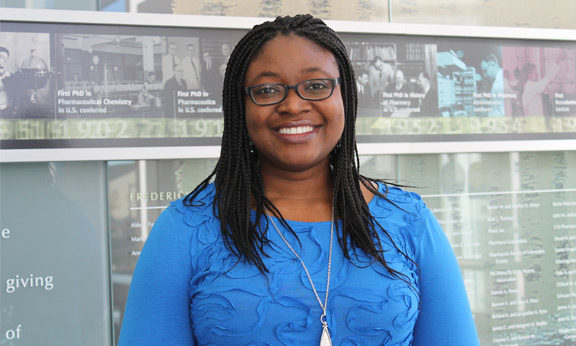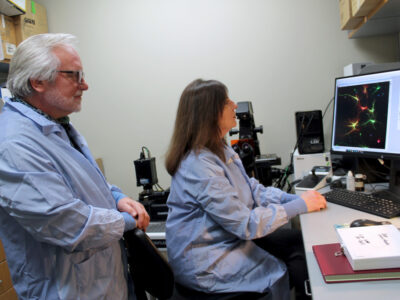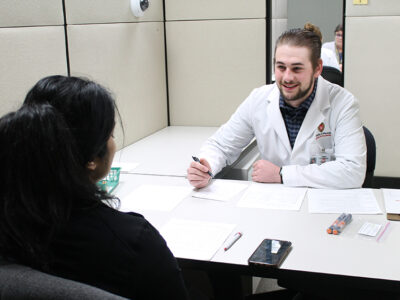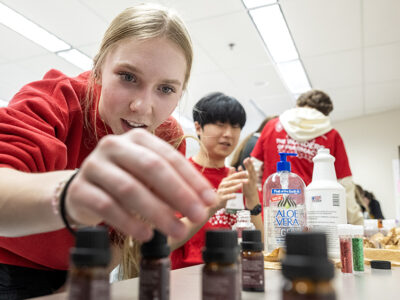
17
December

Olayinka Shiyanbola, assistant professor in the Social and Administrative Sciences Division, and current NIH Mixed Methods Research Training Program Scholar has been selected by the UW Institute for Clinical and Translation Research (ICTR) as a KL2 scholar beginning June 1, 2016.
Shiyanbola’s work will focus on improving the health outcomes of underserved populations and reducing diabetes disparities by identifying the psychosocial (e.g. illness beliefs), psychological, and sociocultural factors that influence patient medication adherence and are useful in developing patient-centered adherence interventions.
For her KL2 project, Shiyanbola will use a health and social psychology approach and mixed methods to explore African Americans’ illness beliefs through qualitative focus groups, leading to subsequent adaptation of an illness beliefs questionnaire, and psychometric testing and quantitative survey to establish the questionnaire’s validity and reliability.
Her goal is to lay the ground work for the development of a culturally-appropriate medication adherence intervention for African Americans with type 2 diabetes, setting the stage for large scale studies of intervention effectiveness, dissemination, and implementation across communities and practice settings.
The KL2 Scholars Program provides promising young clinical and translational investigators the training, mentoring, and protected time to develop an independent research program. This program is funded by the NIH through ICTR’s Clinical and Translational Science Award (CTSA) and currently includes 16 KL2 Scholars. Previous KL2 Scholars from the School of Pharmacy include Michelle Chui, associate professor, Social and Administrative Sciences, Jeremy Johnson, Orly Vardeny, associate professor (CHS), Pharmacy Practice Division, and Robert Thorne, assistant professor, Pharmaceutical Sciences Division.







